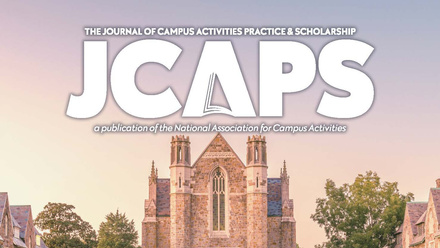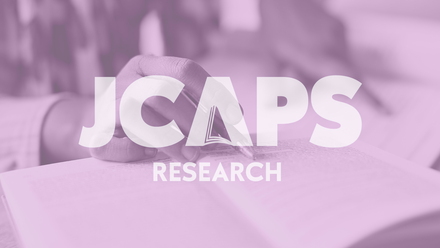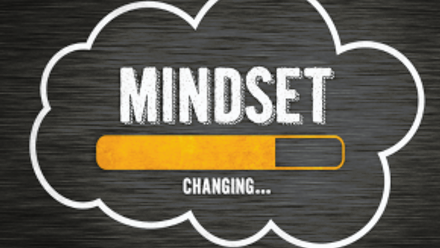National Suicide Prevention Awareness Month
About 10 years ago, I received a call from one of my best friends giving me the tragic news that her son had taken his own life. I was shocked and in disbelief. Those are common reactions to grief and loss, but that feeling lingered for a long time for all of us because no one in his family or among his friends recognized any signs that such a thing would happen. Even his girlfriend with whom he shared more time with than anyone else was completely blindsided by the event. His outward demeanor and behavior appeared normal and routine to everyone. What could we all have missed that might have led to the prevention of this tragedy?
As with many other tragedies and life traumas, we don't fully understand the impact of suicide on those close to the victim until we've experienced the loss of someone close to us in that way. The emotions range from feelings of loss and grief to anger and guilt. We wonder whether there were signs we should have recognized or that we possibly disregarded as insignificant.
The month of September has been designated by the National Alliance on Mental Illness (NAMI) as National Suicide Prevention Awareness Month. This is a time set aside to focus attention and raise awareness of prevention resources available for individuals and their friends and families. These resources are meant to "spread hope and vital information to people affected by suicide."
Even though suicidal thoughts are common, they should not be viewed as normal. They are often symptoms of more serious issues. According to the Centers for Disease Control (CDC) and the National Institute of Mental Health (NIMH), suicide rates have increased by 35% since 1999. Suicidal ideation can begin with thoughts such as, "nothing matters," but evolve into more explicit and dangerous thinking. Warning signs can include:
- Increased alcohol and drug use
- Aggressive behavior
- Withdrawal from friends, family and community
- Dramatic mood swings
- Impulsive or reckless behavior
Other warning signs are behaviors that are elevated to a psychiatric emergency and if observed, immediate health should be sought from a health care provider or by calling 911. Behaviors in that category include:
- Collecting or saving pills or buying a weapon
- Giving away possessions
- Tying up loose ends like organizing personal papers or paying off debts
- Saying goodbye to friends and family
In addition to known mental health conditions that increase the risk of suicide, there are other risk factors, including:
- Family history of suicide
- Substance use
- Intoxication
- Access to firearms
- Serious or chronic medial illness
- Prolonged stress
- Recent tragedy or loss
What can we do when faced with warning signs or even a suicide crisis? There are a few approaches to take, including:
- Honest and open conversation and questioning
- Removing things like weapons or stockpiled pills
- Offering to help the person get in touch with a mental health professional
- If multiple people are in the conversation, prevent overwhelming the individual by speaking one at a time
- Express support and concern
- Don't argue or debate if suicide is right or wrong
- Try to remain calm and don't show nervousness
- Be patient with the individual
If you have a friend or family member who struggles with mental health issues that may lead to suicidal ideation, research the resources available in your area so that if warning signs or a suicidal crisis should occur, you will have that information at your fingertips. And be proactive in discussing the resources available to them. Let them know there are professionals who can help them learn coping skills and provide therapies to recognize and avoid suicidal thought patterns and they can be treated and can improve over time.
In the case of my friend's son, there were no outward warning signs that family or friends recognized as a suicidal crisis. Most of us don't think about looking for those signs until it is too late. During the month of September, take advantage of the information that will be shared from the mental health community regarding suicide prevention awareness so that you will be equipped with the knowledge and resources should those signs ever manifest themselves in you, members of your family or close friends.






